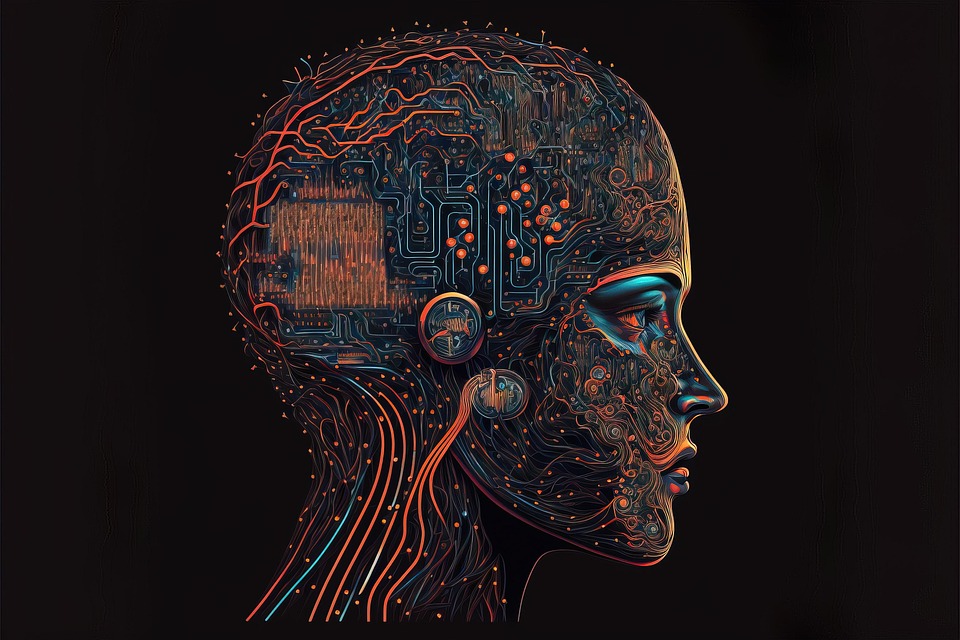In recent years, artificial intelligence (AI) has dramatically transformed various sectors, and education is no exception. As we delve deeper into the digital age, the concept of personalized learning powered by AI is emerging as a game-changer. This innovative approach tailors educational experiences to meet the diverse needs of individual learners, thus reshaping the landscape of traditional education.
The Rise of Personalized Learning
Personalized learning—where educational experiences are customized based on individual preferences, strengths, and needs—has garnered increased attention in educational discourse. Traditionally, the “one-size-fits-all” model of teaching addressed a general audience, often leaving some students disengaged and others overwhelmed. With advances in AI, educators can now create more adaptive learning environments that respond to the unique qualities of each learner.
How AI Facilitates Personalized Learning
-
Data-Driven Insights: AI systems collect and analyze vast amounts of data from student interactions, assessments, and progress tracking. By leveraging this data, AI can identify learning patterns, strengths, and areas needing improvement, enabling educators to offer targeted support.
-
Adaptive Learning Technologies: Tools like intelligent tutoring systems (ITS) provide real-time feedback and adjust the difficulty level of content based on individual performance. This ensures that students are neither bored with too-easy material nor overwhelmed by content that’s too challenging.
-
Learning Pathways: AI can help design customized learning pathways that align with a student’s interests and career aspirations. By offering choice and flexibility, students are more likely to remain engaged and motivated.
- Accessibility and Inclusion: AI technologies can accommodate diverse learning styles and needs, providing tailored resources for students with disabilities or those learning English as a second language. Features like speech-to-text, text-to-speech, and personalized content recommendations enhance learning accessibility for all.
Case Studies in AI-Powered Personalized Learning
Several educational institutions and organizations have begun to implement AI-driven personalized learning initiatives:
-
DreamBox Learning: This platform uses AI to adapt math lessons in real-time, providing each student with a unique learning experience that evolves with their progress.
-
Knewton: This adaptive learning technology allows educators to create personalized learning experiences by analyzing student performance and presenting tailored content.
- Squirrel AI: Operating in China, Squirrel AI employs machine learning algorithms to identify student weaknesses and customize learning materials, significantly improving the efficacy of education in a high-stakes system.
Challenges and Considerations
While the potential benefits of AI in personalized learning are significant, several challenges and considerations remain:
-
Data Privacy: The collection and analysis of student data raise concerns about privacy and security. Schools must ensure that data is handled ethically and in compliance with regulations.
-
Equity in Access: There is a risk of exacerbating the digital divide, as not all students have equal access to devices and internet connectivity. Bridging this gap is essential for fostering inclusive and equitable learning environments.
- Teacher Roles: The introduction of AI in education doesn’t diminish the need for human teachers; rather, it redefines their roles. Educators will need to adapt to new technologies and find ways to integrate AI with traditional teaching methods effectively.
The Future of Personalized Learning
As AI technology continues to evolve, so too will its applications in education. The future of personalized learning promises to foster deeper engagement, improve student outcomes, and prepare learners for a rapidly changing world. By harnessing AI’s capabilities, educational institutions can create more meaningful, individualized experiences that cater to each student’s journey.
In conclusion, the integration of AI in education heralds a new era of personalized learning, characterized by adaptability, inclusivity, and data-informed strategies. By overcoming challenges and embracing this innovative approach, we can create a more effective and equitable educational system for all learners in the digital age.



